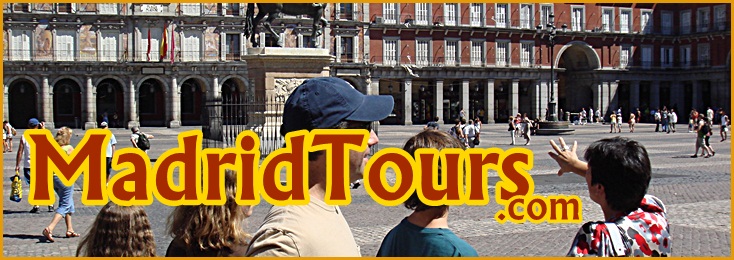It's an almost utopic enterprise trying to locate geographically the very first point where castellano was born at.
Anyway, anyone who has studied both castellano and latin, must to have realized that the spanish language is, in fact, a "mutation" from original latin.
In whole Roman Empire, latin was the official language, as it was originally speaked in Rome and the Sorroundings (The Latium province).
But, as we can imagine, most of the people (peasants, craftsmen, etc etc) didn't get a linguistic education, and they spoke the so called "vulgar latin", an incorrect but extended shape of the Empire official language.
The vulgar latin had many different shapes, and changed by time and place, becoming in the romance languages: italian, spanish, french, portuguese, romanian, (and many minor dialects as catalan, galician, etc.). If you compare those languages with the original latin, you see that they are unquestionably variations (or, if you prefer, "degenerations") of latin.
We're talking about processes that took centuries. As long as the Roman Empire ruled, all of the written latin was a correct, official latin. But we know that at the same time existed many variations of vulgar latin.
When Spain became a united kingdom, one of the various shapes of vulgar latin (that we call "spanish" or castellano) was adopted as official language. At the time, castellano was a widely used language.
But it's very difficult to say "spanish was born at Place P, Yeay Y". In my opinion, that makes no sense. Languages are born by long processes, not as if they were grown up as a tree in an isolated place. Commerce, migrations, wars... there are many ways to extend an idiom, and to make people interact with another people.
¿What's the influence of germanic, arabic and native american languages in spanish? Mainly, it's a matter of vocabulary.
There are many words, specially words that begin with "al-", that came from arabic. Under the muslim government, former roman-hispanic citizens kept on speaking their vulgar latin. But, as they learned, for example, technical and scientific stuff from the arabs, they also learned the words associated. Many small towns and villages kept, virtually until today, the name that the arabic invaders (or in certain cases, founders) gave them. (major and ancient cities usually returned to their original latin name. (where I live, around Valencia -that kept its roman name, "Valentia"- there are many pueblos and towns with names of arabic origin: Albuixech, Alzira...)
A similar influence came to spanish from german languages... but the medieval german invaders were not as advanced and linguistically influential as the arabic.
The relative magnitude of arabic and germanic influence in spanish is small, compared to the latin main trunk.
The influence of native american languages is also small, but exists, mainly by the words thah the "criollos" (american-born citizens of european origin) or travelling spaniards brought to Spain. In the current days, we have an latin-american immigration, so other words could became to common use vocabulary (I heard, for example, some argentinian words used by some spaniards, as "orto" , that means "butt", and I believe that comes from Italian).
Anyway, it seems that the spanish made official by the Spanish Crown, was used in northern Spain, but I don't see any reason to suppose that in southern Spain people didn't talk a primitive spanish as well. In Al-Andalus, the muslim Kingdom, arabic was the official but not the majority language. The muslim governors were very tolerant about religious and linguistic matters: as christians and jewish were allowed to keep their religion, they could also keep their language. And vulgar latin, or primitive spanish, seems to have been the consensus language among the christians and the jewish. We must not forget that christians/jewish of "both Spains", the muslim and the christian one, were in close contact, as commerce and other ways of relationship were completely allowed.
Today, many people think that castellano was origined in a limited land, and imposed by the new spanish crown in the XV century. They give as example the existence of other latin dialects as catalan or galician, that are supposed to have "resisted" the imposition of castellano in the XV-XVI centuries. I don't think so. Galician dialect was born by the mere reason of Portugal being a separate Kingdom and the portuguese influence in Galicia. And catalan was born by the mediterranean commerce: it was a "melting pot" of spanish, italian and french words, as Spain, Italy and France were the business work area of catalan and valencian traders.
Basque does stand alone as a separate language of unknown origin, and this is maybe explained by the rural basque people isolation for centuries. That's why I don't believe that we could think in the truly basque people as a localized epicentre of castellano's birth. In fact, I don't believe in any localized epicentre of castellano's birth at all.
Of course, in mountainous and difficult spanish orography, communications ans trading were not easy, but they existed. And, even in those medieval ages, 800 years were pretty enough to standarize a vulgar speaking language for almost the whole Iberian Peninsula.





